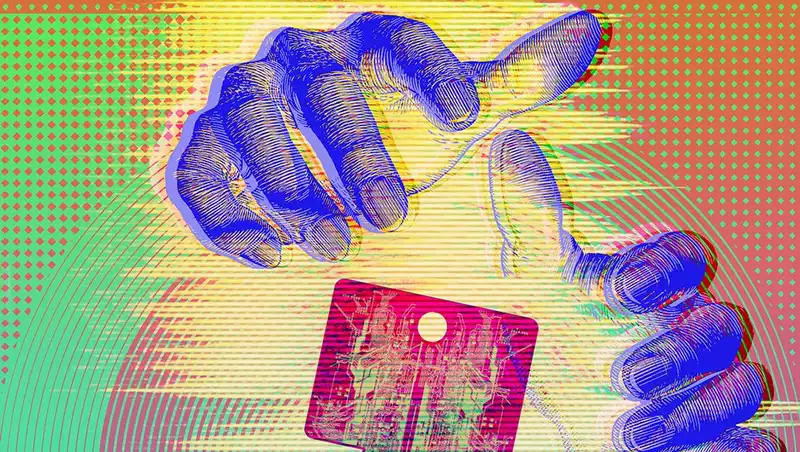
Whispers of privacy
The companies behind our connected lives know our names, addresses, political preferences, moods, insecurities, and even the rabbit holes down which we fall late at night. When it comes to data privacy, they are often seen as the bad guys, but they also have the power to be the good guys.
Until comprehensive legislation is enacted, consumers will have to peruse hundreds of lines of obscure jargon in corporate privacy policies to figure out what brands are doing with their data. (Who has time to do that?) There is a lot of confusion, some of it intentional, but one thing is clear: Americans want transparency. Yesterday. So we asked a few women in tech who are working hard to maintain (or regain) user trust how they navigate the complex, often confusing, and often controversial world of privacy, without using any jargon.
What are your thoughts on privacy regulations in the U.S.
For decades, people in the U.S. have not enjoyed legal protection for their data collection and use. With no clear rules, companies have too much leeway in what they can do with the data they collect, and consumers have little control. since 2005, we have been calling for federal laws that address individuals' rights to data privacy. how much has changed in 15 years, and how much more is there to do? Think about how much has changed in 15 years and how much information has gone online. Strong privacy laws are long overdue.
Will 23andMe share my genetic information?
Some people may be apprehensive or unsure about taking a DNA test. If you are interested, you may choose to participate in our research program, in which case you must explicitly opt-in. If you wish to change that decision, you can do so at any time. 23andMe and qualified research collaborators have been able to study de-identified genetic information and have helped discover over 1,500 genes.
Facebook has dealt with user privacy issues fairly. What changes has Facebook made?
We recognize that people have important questions about how we handle their personal information. Over the past few years, we have completely restructured how Facebook works: we have updated tools like "Privacy Check" and "Activity Outside Facebook" to give people more control over their information, and we have made it easier to archive and delete old posts. We have launched an "Activity Management" section that allows users to easily archive and delete old posts.
What issues surrounding data and privacy keep me up at night.
My job makes me sensitive to the power of data, and as a consumer, I lose sleep thinking about the potential misuse of that information. My job allows the company to be proactive about how privacy can improve the customer experience and build trust. For example, we recently rolled out QR codes that allow consumers to pay merchants directly through the PayPal app.
What changes have you made to your product as more users question how Google is using the data it collects?
We introduced Incognito mode, which was created in Chrome, to apps like Google Maps and YouTube. We also introduced automatic deletion controls for location history, search, and other activity data. We're also looking to the future: a new approach to machine learning, Federated Learning, allows developers to make their products smarter without your data ever leaving your device. We are opening our research to the public so that everyone in the world can develop privacy-conscious products.
How has Apple's policy on user data evolved?
Privacy has never been an afterthought. Apple has full-time privacy experts who are deeply embedded in every product, service, and feature that touches personal data. For example, Siri uses random identifiers (long strings of letters and numbers associated with a single device) to track data as it is being processed, rather than linking data to your personal information.
How is user data protected and used?
In 2018, Cloudflare announced the 1.1.1.1 service and app [free to download]. The app encrypts data on sites that leave your device, making the internet faster and more private for everyone online, and currently has over 50 million downloads. We believe privacy is a right and promise our users that we will not retain or sell their data. The data we use helps thwart 45 billion cyber attacks every day.
How has Alexa changed to enhance user privacy?
Last year we introduced several new voice controls for Alexa." Alexa, delete what I just said" to completely erase data related to a customer's most recent request, and "Alexa, why did you do that?" and the ability to provide the customer with an explanation of Alexa's last action by saying, "Alexa, why did you do that?
After the print version of this article was published, Apple moved up the release date of the new privacy feature.
This article originally appeared in the Fall 2020 issue of Marie Claire.
Click here to subscribe (opens in new tab)
.
Comments